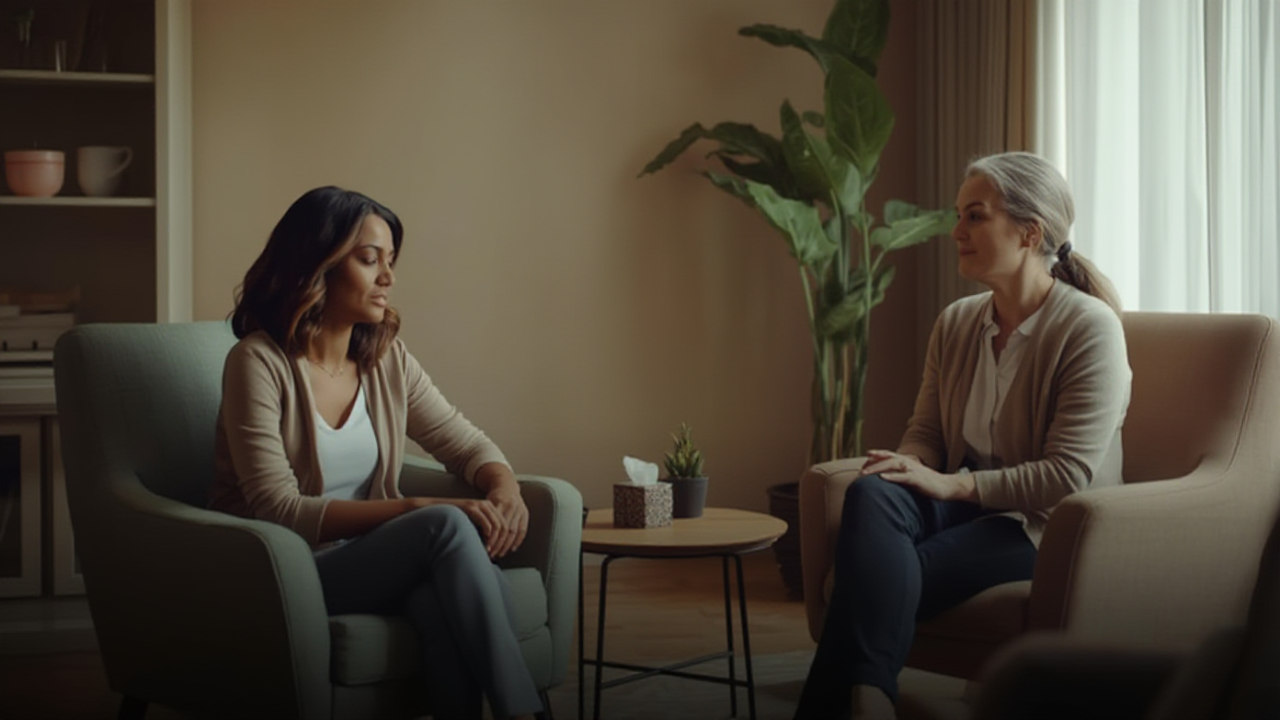There’s a saying that goes, “The mind is like water. When it’s turbulent, it’s hard to see. When it’s calm, everything becomes clear.”
In today’s fast-moving world, where stress has become a constant companion, conversations around mental health are becoming more important than ever. From the armed forces to everyday life, people are learning that taking care of the mind is not a sign of weakness, but of courage and self-awareness.
ALSO READ | Are you feeding your pet what you eat? Regular food can bring dark times for your pet
One such voice among them, driving this change, is Subhangi Roy, a psychologist with a postgraduate degree in Applied Psychology, specialising in Clinical and Forensic Psychology. During August and September 2025, Roy spent weeks with the 21 Grenadiers, conducting mental health evaluations and counselling sessions for 166 soldiers. Many of them had just returned from Operation Sindoor: a mission that left invisible marks far deeper than the dust on their boots.
Working with Grenadiers after Operation Sindoor
Through her work, she has experienced how counselling can help people reflect and rebuild resilience. Subhangi explains, “Counselling plays a very grounding role for soldiers after high-stress operations like Operation Sindoor,”. She adds further, “It helps them acknowledge what they’ve been through, normalise their reactions, and learn small ways to manage stress more effectively. It isn’t always about deep therapy right away but about offering a safe, respectful space where they can begin to process and regain balance.”
Recalling her time with the 21 Grenadiers, Subhangi shares, “Many of them carried personal or family challenges, yet they showed up each day with dedication and a genuine smile. It reminded me that resilience is not the absence of struggle but the ability to stay grounded and hopeful despite it.” The main takeaway from here would be, “Sometimes, even a simple conversation or a space to be heard can make a real difference in sustaining that inner strength.”
ALSO READ | Depression vs sadness: 5 warning signs you shouldn’t ignore
She believes that the challenges faced by soldiers and civilians often overlap, according to Subhangi’s experience, “The most common ones are stress, anxiety, and depressive symptoms- In the forces, these often stem from long separations, exposure to high-risk situations, and the constant need to stay alert. In civilian life, it’s more related to work pressure, family responsibilities, and social expectations,” she says. “Counselling helps people rebuild that connection and develop healthier ways to cope.”
ALSO READ | Brushing isn’t enough: Chew these 5 foods for better oral health
Addressing the stigma surrounding therapy, Subhangi emphasises the importance of early support, saying, “When people understand that therapy can help with self-awareness, better relationships, and emotional balance, they begin to see it as a form of self-care rather than a last resort.”
In a world that rarely pauses, the message is very simple: counselling isn’t just for difficult times. It’s a way to keep your mind peaceful and your life balanced. Asking for help simply means you care about your well-being and want to live a better life.











